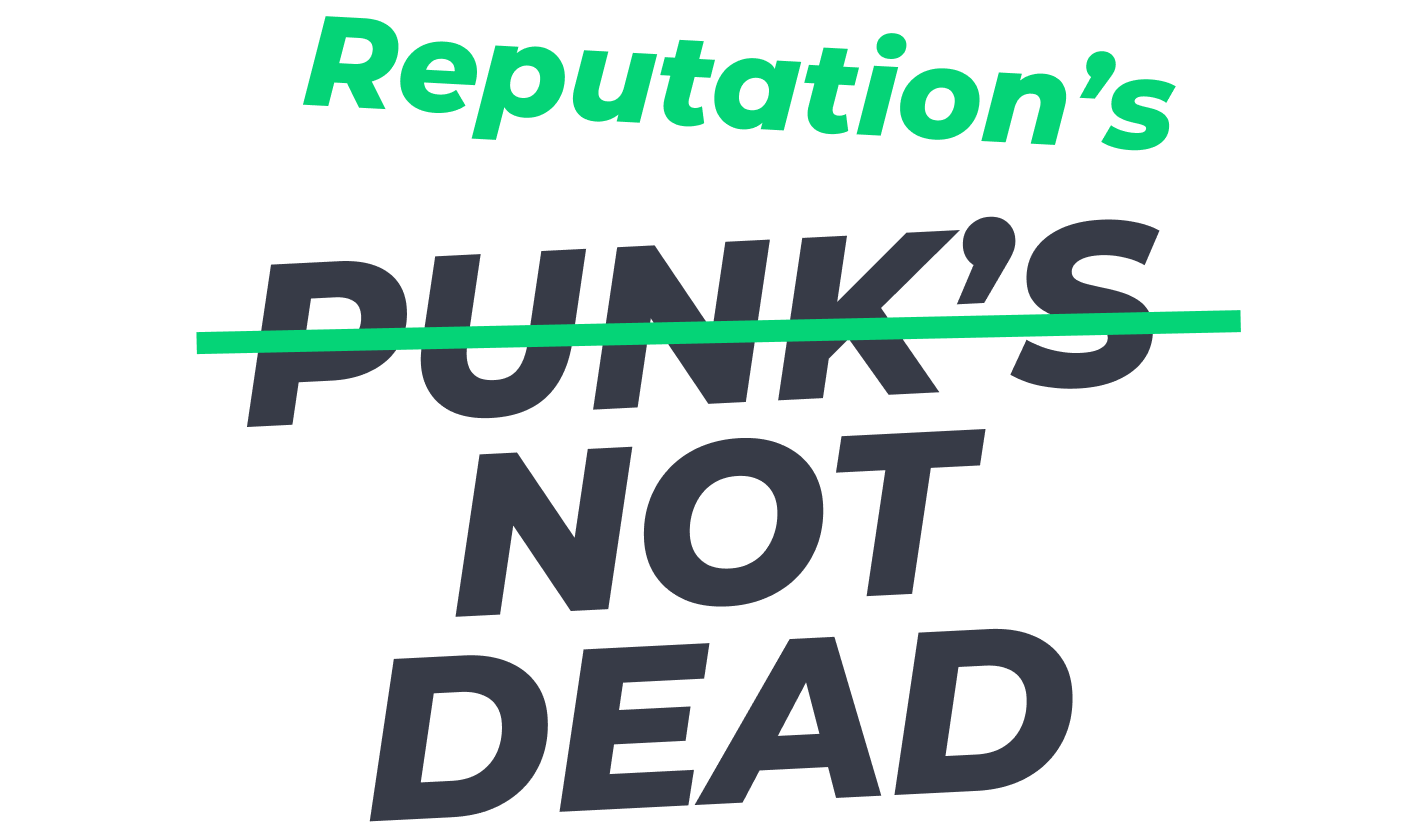The importance of Reputation Leaders
Reputation is a shared responsibility. It can be tempting to divert the burden to your communications department or a PR agency, but efforts across your organization influence your reputation – from how your production team sources and delivers your products and services, to how HR team hires, to how your leaders lead.
A shared reputational awareness and effort increases the odds of reputation success and the benefits that come with. As with any initiative, having a team of leaders makes the difference. We recommend internal reputation leaders from across your organization.

Reputation Insights
News travels fast. Reputation and media have a powerful cross-influential relationship, influencing and reflecting one another. But it can be difficult to determine what media content is changing hearts and minds, and what your reputation is resilient against.
But here’s the advice you probably weren’t expecting: having reputation insight (and especially reputation data) makes you look good in the boardroom. Reputation insight is a powerful indicator that is likely not being broadly considered. Being a reputation leader with data and insights could be what gets you the recognition, raise, bonus, or Top Performers’ trip.
What can we say? We’re in the business of reputation, so we love the wins.
Reputation Analysis with RepTrak
Reputation analysis gives the public a voice on the broader role your organization plays. Spreading that insight and incorporating it into business strategy is a win all around.
When reputation can feel so intangible, we naturally recommend RepTrak to analyze, track, and improve reputation while measuring the impact of efforts. But you can perform your own audits through your own efforts, hire market research teams, or even practice social listening.
Harry Foster is SVP, Head of Advisory EMEA here at RepTrak. He’s partial to the RepTrak platform and its benefits, but he touts the value of any reputation data. Here’s why he is reputation data-obsessed and an advocate for reputation leaders:


"Reputation data makes the intangible (or what is perceived as immeasurable), measurable. And if you can measure something, you can manage it...that provides Reputation leaders with information and knowledge (and therefore 'power') others in their organization do not have."

"The nature of good reputation measurement is that it is relevant to a whole business, and therefore this empowers the Reputation leader to enhance their standing within an organization (with HR, Marketing, Product teams, Innovation, Sustainability, C-suite, and especially the CFO)."

"Reputation data enables reputation leaders to drive internal stakeholder alignment around priority stakeholders, priority messaging and ultimately business strategy."

"Understanding your reputation enables companies to embody the new maxim of stakeholder capitalism, and not the legacy approach of shareholder capitalism. Increasingly the former, encompassing the requirement to do the right thing, is a central tenet to being successful as a company."

"With ESG being a key part of Reputation management, and increasingly important to investors (and therefore by definition, CEOs), it provides Reputation leaders with a voice at the top table."

"With Reputation so strongly correlated to business results (license to operate, likelihood to work, benefit of the doubt in a crisis), it is an essential part of business management in 21st century corporate life. A Reputation Leader can provide the organization with insight into what will drive stronger likelihood to buy, recommend, work for, give benefit of the doubt in a crisis, and more."







